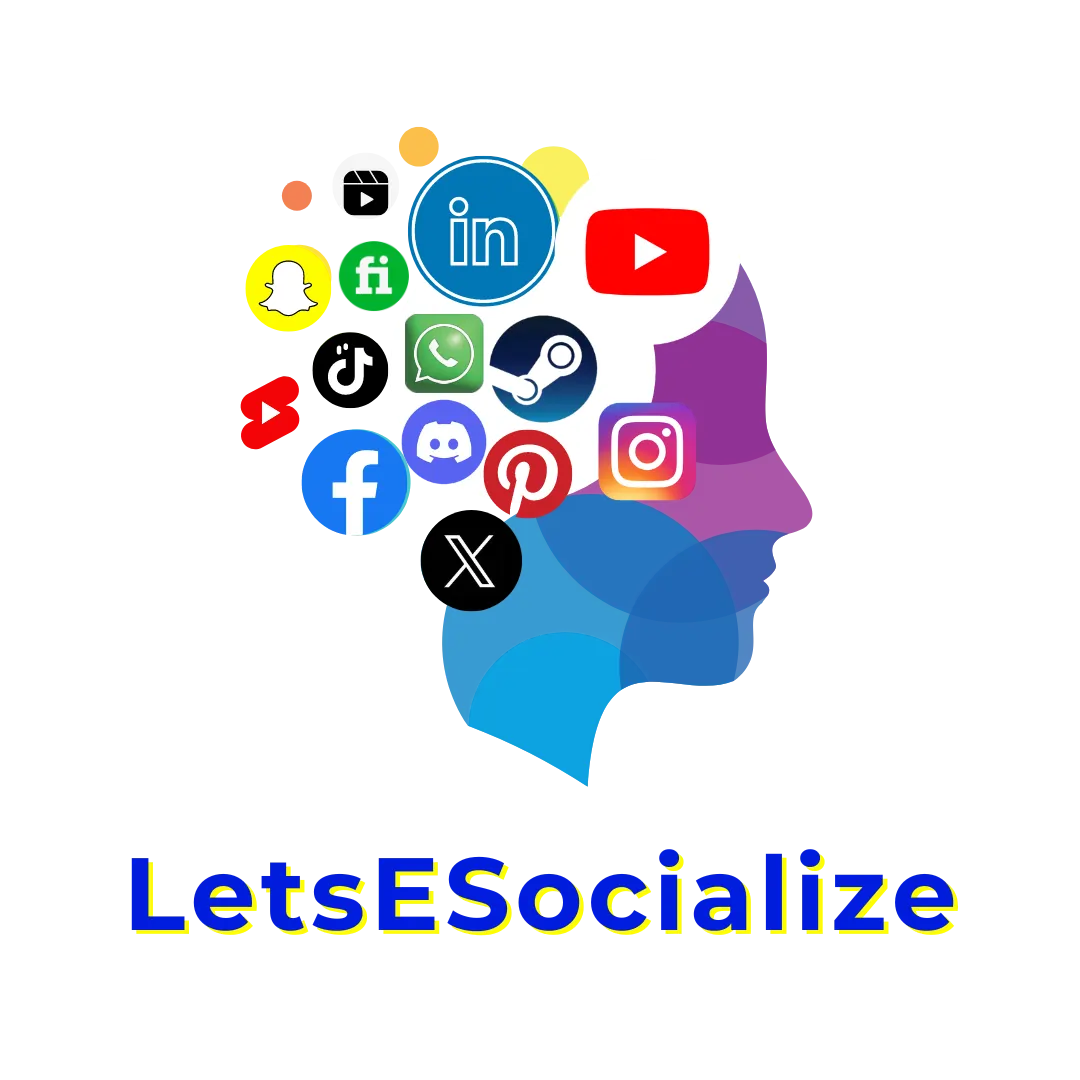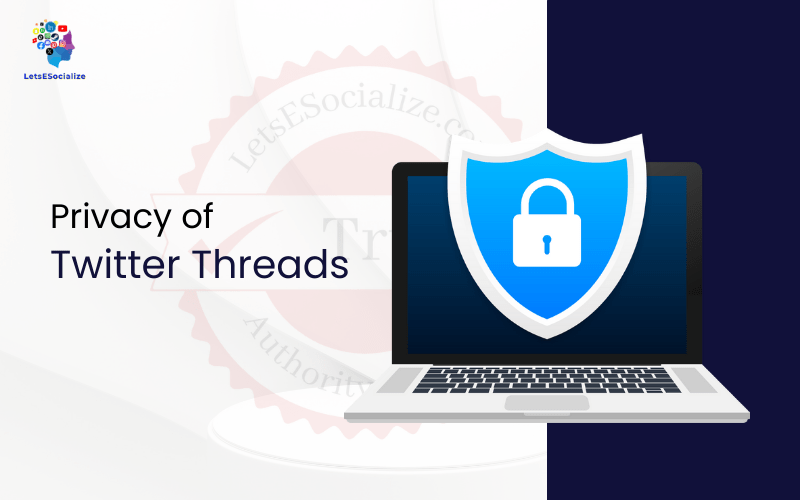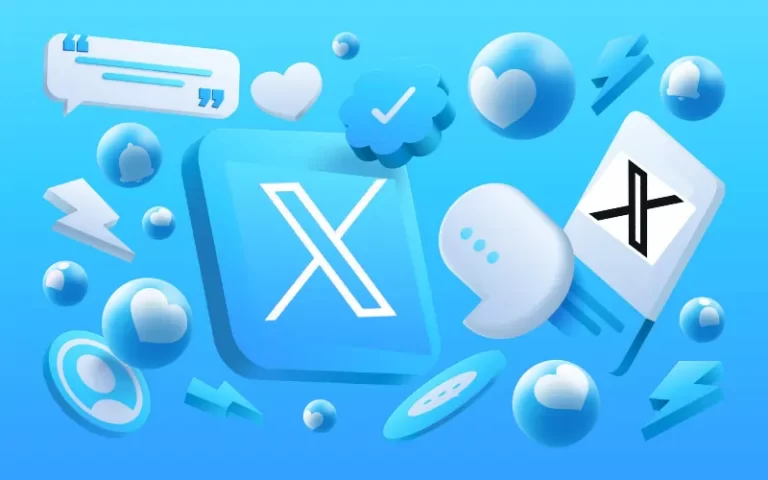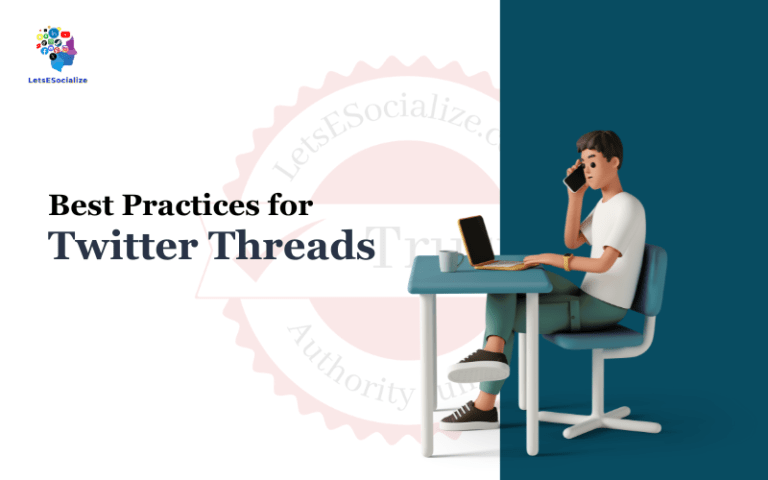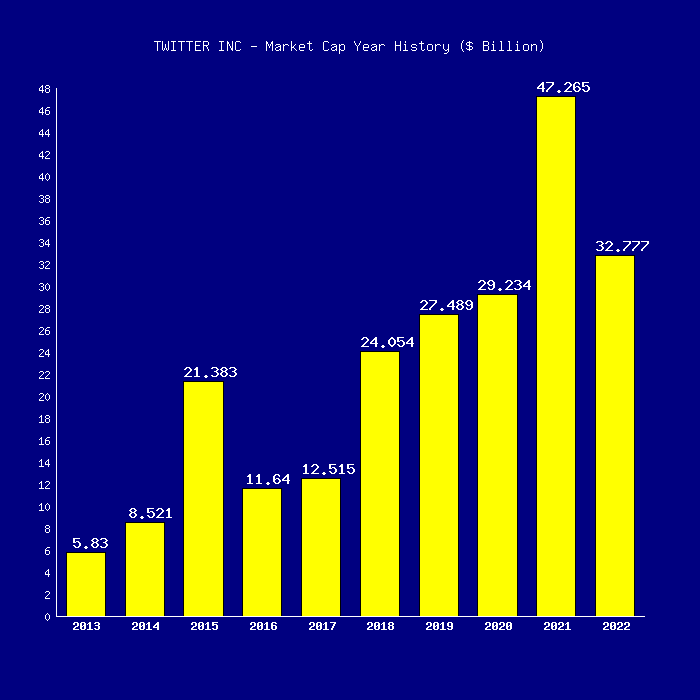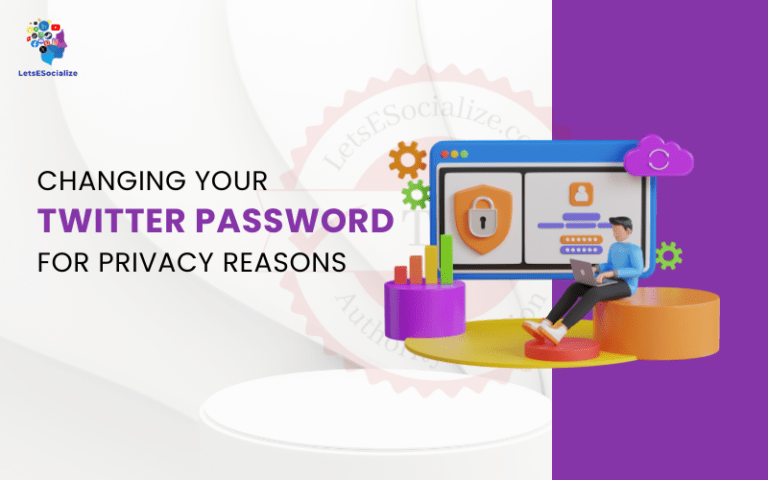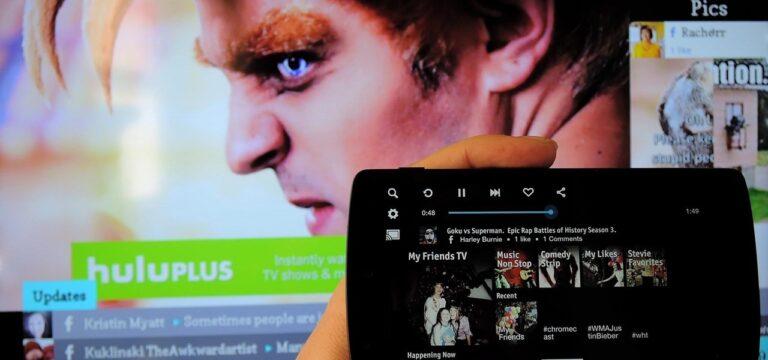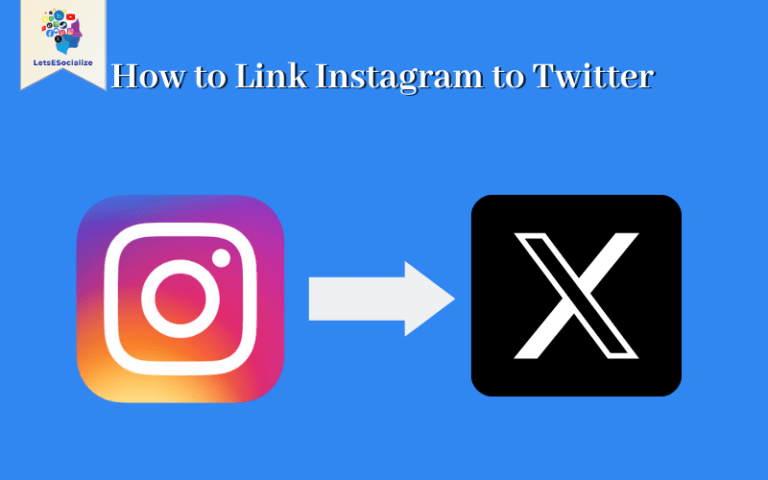Twitter threads have become a popular way to share narratives, discussions, and multimedia content spanning multiple tweets. However, the public and permanent nature of threads also raises privacy considerations that users should be mindful of.
In this comprehensive guide, we’ll explore the privacy of Twitter Threads and best practices users can follow to balance transparency with their privacy.
Table of Contents
How Twitter Threads Work
First, let’s briefly recap how Twitter threads work:
- A thread begins with an original tweet made by a user
- The user then replies to their original tweet with text, images, videos, etc.
- These replies are stacked together under the original tweet in chronological order
- This creates a unified narrative or conversation within a thread
When you reply to a tweet, anyone who can view the original tweet can also view the entire threaded conversation under it. Twitter threads are, therefore, public by default.
Also read: How to Save a Twitter Thread
Privacy Risks of Public Twitter Threads
While threads are great for broadcasting ideas widely, their public nature poses some privacy risks users should consider:
1. Permanence
Tweets are generally permanent. Even if you delete a thread, cached versions may still exist in Twitter’s database and other archives. Threads can leave a lasting public record.
2. Searchability
As public content, threads are searchable on Twitter itself and search engines like Google. Any personal information you share could be discovered easily.
3. Virality
Like individual tweets, threads can easily be shared or go viral beyond just your followers. What you consider sharing within your community could reach a wide unintended audience.
4. Screenshots
Others can take screenshots of your thread tweets and share them outside of Twitter. This bypasses any privacy controls you place on the original tweets.
5. Data Mining
Twitter data, including threads, is susceptible to collection and analysis by third parties for profiling, ad targeting, identifying insights, etc., without your knowledge.
6. Misinterpretation
Nuanced discussions in threads could be taken out of context, misinterpreted, or used against you when shared widely.
7. Employer Monitoring
If threads are not anonymized, employers and others may monitor what is shared to make judgments about professionalism and character.
Sensitive Information to Avoid in Twitter Threads
Given the privacy risks, avoid oversharing certain types of sensitive personal information in public Twitter threads that could be misused or come back to harm you:
- Private contact info – email, phone number, home address, etc
- Identity documents – driver’s license, passport, SSN, etc
- Financial information – bank details, account numbers, payment info, etc
- Legal documents – contracts, non-disclosure agreements, etc
- Private conversations, audio, or video
- Compromising photos or videos
- Confidential work documents
- Personal health information
- Minors’ identities and details
- Other private family info
Treat public Twitter threads as you would a public space – with reasonable caution about what personal details you openly disclose.
Best Practices for Privacy in Twitter Threads
You don’t necessarily have to avoid Twitter threads altogether out of privacy concerns. Here are some best practices to thread safely and responsibly:
1. Consider using a pseudonym
Stay anonymous or use a pseudonym not linked to your real identity for more privacy when threading on public topics.
2. Be vague about personal details
If sharing personal stories, keep details vague rather than highly specific – e.g. city vs full address.
3. Routinely audit threads
Periodically review your threads and untag or delete any tweets inadvertently oversharing private information.
4. Correct misinformation
If a thread leads to false assumptions or info about you circulating, politely correct the record.
5. Make threads private
For sensitive discussions, use the private account or protected tweet option that limits visibility.
6. Limit media use
Be cautious about embedding identifiable photos, videos or audio that could violate someone’s privacy unintentionally.
7. Seek consent
If mentioning or showing others, seek their consent first, especially if sharing privately disclosed information.
8. Avoid workplace topics
Refrain from sharing confidential work matters in public threads that could get you in trouble.
9. Consider the implications
Pause and reflect carefully before sharing anything deeply personal that you may regret broadcasting publicly.
10. Admit mistakes
If you do overshare by accident, acknowledge the mistake and apologize rather than make excuses.
Twitter’s Privacy Controls for Threads
Twitter offers some built-in privacy controls that can help manage visibility and access for your threads:
Protected Tweets
You can mark your tweets as protected. This limits visibility to only your Twitter followers rather than the entire public. Useful for more private threads.
Reduce Retweets
Prevent others from retweeting your thread, which helps limit broader resharing. But anyone can still screenshot tweets.
Block Users
Block Twitter handles of specific individuals you don’t want accessing or engaging with your threads.
Tweet Deletion
If you shared something inadvertently, delete those thread tweets quickly. But be aware that deleted tweets may still be discoverable.
Make Threads Private
Host your thread in Direct Messages to other individuals rather than publicly for more sensitive conversations.
Audience Selector
Choose specific accounts that can view or respond to your thread from your followers list.
Safety Mode
Temporarily blocks disruptive accounts from interacting with your threads for 7 days.
Media Privacy
For images you tweet, please select an option to not include them in the public Twitter media gallery.
In addition, Twitter offers general account privacy controls like making your account private, which applies to all your threads. While helpful, they still have limitations, so tweeting with care remains important.
Private vs Public Threads
Based on your goals and privacy needs, consider using private vs public Twitter threads:
Private Threads Are Good For:
- Sensitive personal conversations and support groups
- Confidential work discussions
- Direct messaging close friends and family
- Discussing controversial or divisive issues
- Conversing anonymously without public scrutiny
Public Threads Are Good For:
- Broadcasting ideas and stories openly
- Public discourse and debates
- Crowdsourcing input and feedback
- Promoting causes and initiatives
- Engaging with the community
- Building your platform and audience
Examples of Privacy-Conscious Twitter Threads
Here are some real examples of Twitter users responsibly handling private and public threads:
1. Using Generalized Descriptions
@JackDorsey: During my silent vipassana meditation retreat, I had to face some difficult personal memories…
While sharing a private experience, the Twitter founder leaves out specific identifying details and locations, maintaining discretion.
2. Prioritizing Consent
@TaylorLorenz: I want to share some scary personal news from the last few days with my following. But I will only do so once I have express consent from all involved. Privacy matters.
The reporter avoids an in-depth public thread, seeking consent before sharing others’ private information.
3. Correcting the Record
@ConnieSchultz: Folks, I appreciate the love. But I am not, nor have I ever battled cancer. Husband @SherrodBrown had it. He’s 12 years cancer-free. Please correct the record on any previous tweets. That’s not my story.
Asking followers to fix incorrect assumptions preserves privacy around her health status.
4. Disclosing Private Details Ethically
@SteveSilberman: I will be tweeting details from my personal experience of sexual abuse. This may be triggering for some. I share this only to help others feel less alone. If you need support: [sharing helpline]
He shares intimate abuse experiences to help others but gives a heads up his thread may be triggering.
Twitter Thread Privacy – In Summary
- Twitter threads are public and permanent by default, so share thoughtfully.
- Avoid oversharing truly private personal info that could be misused.
- Employ privacy settings and tweeting best practices to thread safely.
- Consider using private accounts or messages for more sensitive discussions.
- Find the right balance between privacy and transparency based on your circumstances.
With care, Twitter threads can foster meaningful exchange on both public and personal matters while still preserving individual privacy boundaries. Share wisely!
Privacy Laws Governing Social Media
In addition to platform controls, privacy laws are evolving to address the public nature of social media:
Right to be Forgotten
This regulatory framework allows individuals to request platforms like Twitter remove posts with private information about them, upholding online privacy rights.
GDPR
The EU’s robust General Data Protection Regulation gives users more control over how private data is collected, shared and utilized, including by social networks.
Privacy Tort Law
Privacy tort laws allow people to sue if private material is shared without consent, limiting online disclosure, including private posts and images.
FERPA
The Family Educational Rights and Privacy Act restricts the sharing of students’ data, including potentially from public social media posts and threads.
Executive Order on Privacy
A proposed US Executive Order would hold platforms accountable for collecting massive amounts of user data and enable Americans greater control over their data.
State Social Media Laws
US states like California and Illinois have passed laws requiring social media platforms to safeguard minors’ privacy and mental health, including on public forums like Twitter threads.
As with any public speech, social media threads are subject to defamation, copyright and other laws when they infringe on individual rights and privacy.
Twitter Thread Privacy Controversies
There have been some notable controversies involving privacy violations through public Twitter threads:
1. Non-Consensual Sharing of Private Details
In 2018, entrepreneur Michael Lallana publicly tweeted private messages and details about his date Tayler without her consent, leading to much criticism and debate around privacy boundaries.
2. Privacy Violations by Government Agencies
US Citizenship and Immigration Services faced backlash after a thread exposed private applicant details through publicly shared images. It reflected poor social media privacy awareness in the government.
3. Public Shaming and Doxxing
In 2017, a woman faced harassment after criticizing a colleague’s sexist remarks in a thread. Internet mobs doxxed her, and she deleted her account due to privacy threats.
4. Minors’ Privacy
There is ongoing concern about minors oversharing in public Twitter threads with potential lifelong privacy impacts. Platforms now aim to offer special protections for younger users.
These incidents reflect why it is crucial to thread thoughtfully with privacy in mind, even as social media facilitates open expression.
Teaching Social Media Privacy
With young people especially active on social media, teaching privacy awareness is vital:
School Curriculum
37 US states now include digital citizenship and online privacy in official school curricula to educate future generations.
Media Literacy Programs
Non-profits like Common Sense Media offer free education programs on social media privacy for youth to make smart online decisions.
Parental Monitoring
Parents are encouraged to monitor underage social media use and coach children through modelling responsible thread privacy themselves.
Platform Self-Regulation
Twitter and other platforms highlight privacy best practices in their policies and user education around content sharing.
Responsible privacy practices on social media must be taught young as digital natives grow up openly sharing their lives online.
The Complexities of Social Media Privacy
Advanced technologies raise new complex privacy questions:
Face Recognition
Widely available face recognition tech makes anonymity harder if tagged in threads without consent. There are calls to regulate identification tech better to protect privacy.
Viral Spread
Even with privacy controls, social media enables extremely rapid spread of images, speech and information with limited ability to retract exposure fully.
Fake Profiles
Imposters and bots impersonate real people using their images, creating fake accounts and spreading disinformation while raising hard questions around identity verification.
Employer Monitoring
The line between personal and professional is blurred as employers monitor social media presence, including semi-private threads that shape the perception of personnel.
Profiling
Sophisticated data mining of “public” social data allows detailed profiling of individuals and predictions about private traits without consent.
Innovations like end-to-end encryption offer greater privacy protections. But technology continues raising fresh societal quandaries around reconciling privacy, transparency, ethics and free expression.
The Evolving Concept of Digital Privacy
Social media forces re-examining cultural privacy norms in a hyperconnected world:
Context Collapse
Social contexts are collapsing as we share with public audiences from work, family, and friends simultaneously on threads viewed through different lenses.
Rethinking Anonymity
Anonymity enables free expression but also shields abuse, while excessive tracking infringes privacy. New models like verified pseudonyms emerge.
Privacy Paradox
Despite valuing privacy, people overshare online. But backlash forms as privacy impacts grow. Generational views on public discourse vary.
Doxxing Normalization
Political divisions made public shaming common. But questionable norms around doing private lives can also suppress free speech through intimidation.
Right to Delisting
As online pasts persist, European “right to be forgotten” laws allow the delisting of outdated or irrelevant web search results to preserve digital privacy.
Social media complicates traditional privacy tradeoffs, requiring ongoing examination of practices and policies that impact public discourse.
The Future of Privacy and Social Media
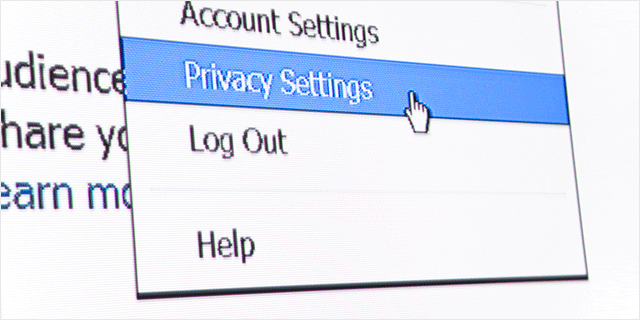
Looking ahead, Twitter and other networks must continue addressing privacy:
Enhanced Controls
Expanding advanced privacy features gives users greater ability to manage who sees, reshares and interacts with content.
AI Moderation
Automated AI moderation at scale can detect and limit the spread of malicious private info within the vastness of social networks.
Ephemeral Content
Features enabling ephemeral media to disappear after viewing counterbalance permanent public posts that can haunt future privacy.
Privacy-centric Design
Networks will compete on privacy protections. Grounding UX design itself in data privacy helps prevent harm.
Global Regulatory Alignment
With an interconnected world, the global alignment of privacy laws and definitions with input from tech firms smooths policy differences.
Privacy Norm Renegotiation
Cultural attitudes around oversharing personal data continue evolving. Public education helps align emerging norms.
Fostering responsible privacy conduct from all stakeholders preserves social media’s value for public discourse while protecting user rights.
